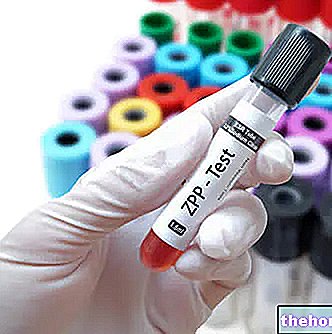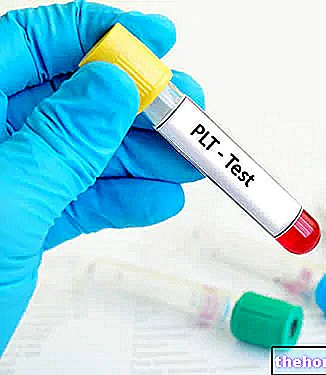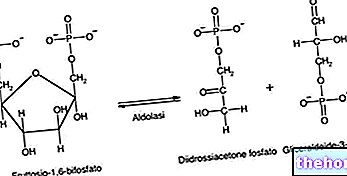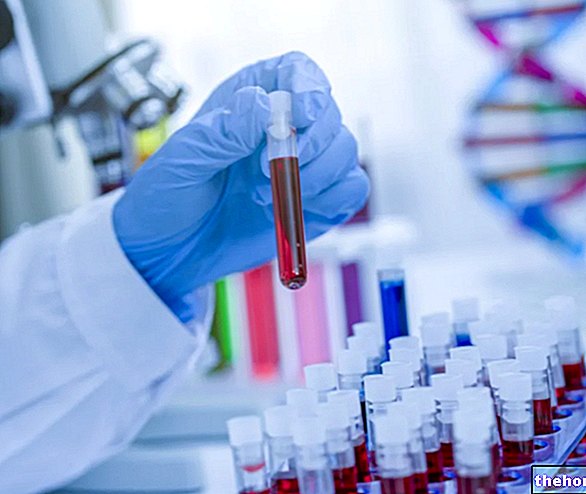Generality
Rheumatoid Factor (RF) is a laboratory indicator, useful for determining the presence of "inflammation or" impaired activity of the immune system.

The rheumatoid factor measurement is mainly used for the diagnosis of Rheumatoid Arthritis (RA) and for the differential diagnosis between this pathology and other conditions characterized by similar symptoms.
Elevated levels of RF can also be seen in patients with other diseases, including various autoimmune disorders, such as Sjögren's syndrome and persistent bacterial, viral or parasitic infections.
In small percentages (1-5%), rheumatoid factor can also be detected in healthy people.
What's this
Rheumatoid factor (RF) is an abnormal antibody that fights other body defense antibodies. As the name suggests, high levels of rheumatoid factor are typically found in the blood of people with rheumatoid arthritis.
It is important to clarify from the outset that:
- not all people with rheumatoid arthritis have high levels of rheumatoid factor in their blood,
- not all people with high blood RF values are affected by rheumatoid arthritis.
In fact, it is estimated that the factor is positive only in about 70% of cases of overt disease. Furthermore, a connection was established between the levels of RF and the severity of the disease; for example, it has been seen that at the onset of rheumatoid arthritis only half of the patients test positive on the basis of the RF dosage, while during the first year of the disease, positivisation is observed in a further 20% of patients.









.jpg)


















